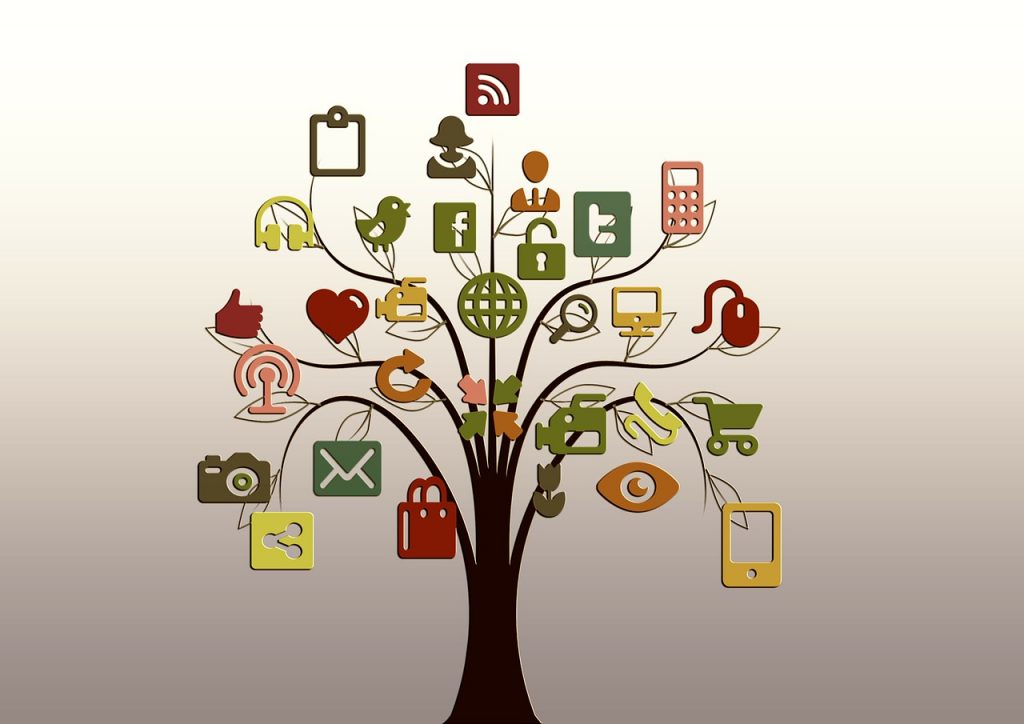Marketing Capabilities driving transformation
By: Ciopages Staff Writer
Updated on: Feb 25, 2023

What are the features and marketing capabilities driving the transformation of marketing, advertising, and related functions? Marketing is one of the fields that has changed beyond recognition – from the ad men (unfortunately, mostly men in that era) of Madison Avenue to a quantitatively driven omnichannel discipline – thanks mostly to three major trends – the revolutions of mobility, social media, and changing expectations of the consumer. The digital revolution is well underway and marketing capabilities driving transformation across the board have become a critical differentiating factor for companies in competitive industries.
So, what features and marketing capabilities will influence and reshape the landscape? Some of these are ongoing, some are old, and a lot are new. (NOTE: This is not the traditional marketing business capabilities model. That is available as a deliverable. These are big trends and digital capabilities driving the transformation of marketing.)
Essential Marketing Capabilities driving Transformation:
Chatbots: Chatbots are a machine learning and AI (artificial intelligence) paradigm that can have natural language conversations with humans. Marketing is a natural fit for chatbots and they will be a big factor in the digital marketing roadmaps of many companies.
Internet of Things (IoT): Internet of things is an idea whose time is now. Gartner research estimates that in 2017 8.4 billion connected “things” will be in use. Marketers are exploring how to participate in this connected world.
Personalization: The mass customization of content and personalization for an audience of one is a critical marketing capability that is driving interactions and fostering transactions.
Brand Ambassadors: Companies are spending a lot of time, money, and effort on creating a cadre of brand ambassadors in a classic case study in influencer marketing.
Engaging Content: Today, while passive reading and consumption still dominate, the future seems to be centered around engaging and interactive content that will get the reader/user involved.
Content Presentation: Food videos have existed for a long time. But Buzzfeed has revolutionized food videos by how they have shot the video from the top. Just the view that made the food the center of attention and hero of the video has garnered millions of views.
Ephemeral Messaging: Whether Snapchat and products of its ilk will survive and thrive in the long-term, the fact is the underlying feature – ephemeral content that lasts only a few seconds is another capability that marketers are coveting.
Mobile Video: As mobile devices become even more powerful and center of consumers digital lives, marketers need to be there. And on the smart phones, the video consumption is increasing at a very fast clip. No wonder, marketers are clamoring to spend on mobile video.
Virtual Reality: Virtual reality, virtual immersion, augmented reality and related technologies are also making marketers salivate at the opportunity to engage consumers in a way that is powerful.
Social Commerce: Social commerce is a great opportunity for marketers to sell to customers where they live their social lives. Technavio’s analysts forecast the global social commerce market to grow at a CAGR of 33.91% during the period 2017-2021.
Insight driven Interactions: Data-driven interactions have become critical in driving customer experience. This is the reason marketing is decidedly turning to quantitative analytics and data to become the basis for marketing programs. Big data analytics, social listening, predictive analytics are becoming a cornerstone technology.
Wearable Technology: As people’s body becomes a place for technologies, from smart watches to fitness devices, connected shoes, intelligent clothing, there is no limit to how marketing can reach consumers.
Virtual Assistants: Alexa, Cortana, Siri and their ilk are changing how next generation technologies are driving human interactions.
What do you think? What is your view about the marketing capabilities driving transformation in how companies reach, engage, sell, and service customers?
-
Marketing Capabilities Model: List of marketing capabilities
U.S. $699 – U.S. $1,999Category : Capability Models
View Product This product has multiple variants. The options may be chosen on the product page -
CRM Capabilities Model: A matrix of customer relationship capabilities
U.S. $699 – U.S. $1,999Category : Capability Models
View Product This product has multiple variants. The options may be chosen on the product page